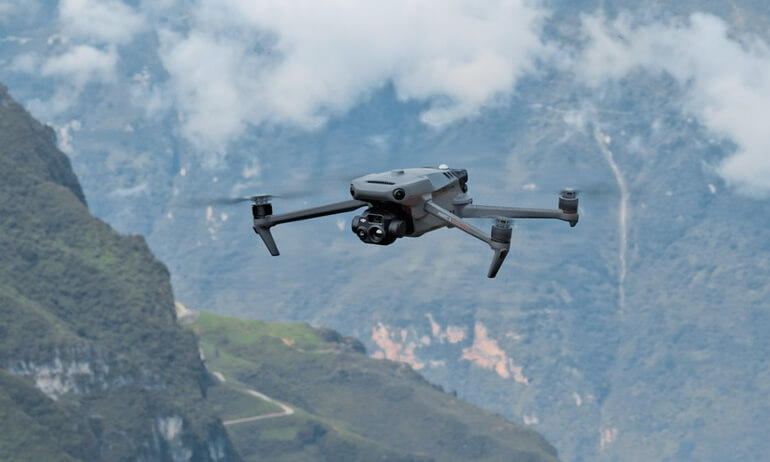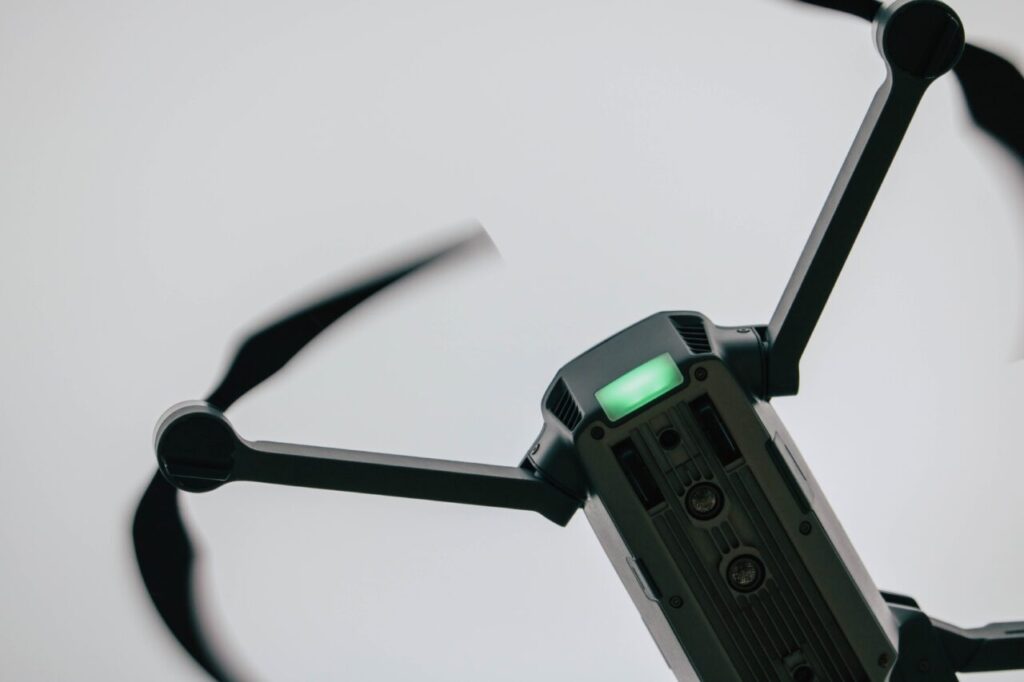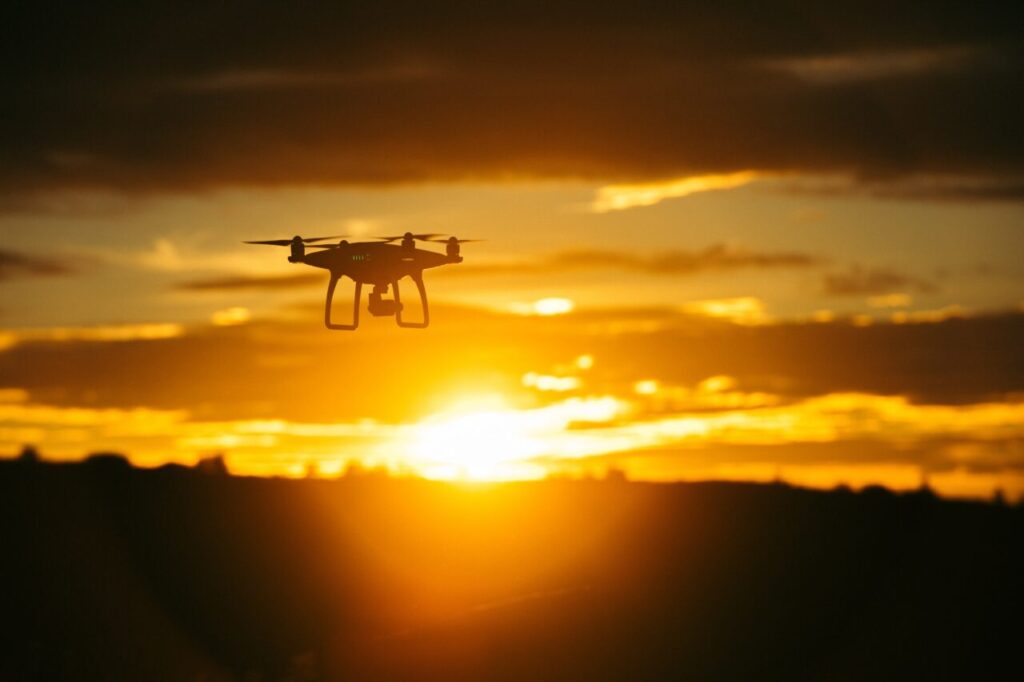THE IMPLEMENTATION OF DRONES IN THE FIELDS OF SUSTAINABILITY AND SCIENTIFIC RESEARCH IS ALREADY AN APPLICATION THAT WILL CATALYSE MORE AND MORE CHANGES IN THE FUTURE.
As we have stressed in the previous articles, the application of drones on the industrial scale is getting more and more attention due to its effectiveness, but there are still plenty of rooms and untapped potentials of drones that can be further explored to assist in smoother operations.
As such specifically here in palm oil plantation industry. In this article, we will discuss in an extensive manner of how drones can help in expediting the productivity and at the same time resolving issues that are clouding the oil palm industry at the moment.
ISSUES CLOUDING PALM OIL INDUSTRY.
The palm oil industry has long attracted ears and eyes internationally as it is portrayed as a destructive industry to the environment. Often pictured as a practice that took away homes from orangutan and deforestation, how exaggerated is this from the truth?

The truth is, palm oil industry has been held responsible for 8% from the world’s total deforestation. However, oil palm is not the main cause of deforestation.
Deforestation, in general, has caused many terrible effects towards the environment such as loss in habitat, biodiversity and ecosystem, also higher carbon dioxide output into the atmosphere that will only hasten the global warming process.
In spite of that, Dr Emma Keller from the World Wide Fund for Nature (WWF) – a charity that works to protect the planet – said that “Palm oil is in close to half of the products we buy in the supermarkets – in everything from shampoos and soaps, to pizzas and biscuits. It’s everywhere.”
The usage of palm oil is in high demand. We cannot avoid it. You might think it will be solved if the oil palm is switched to other vegetable oils in product manufacturing.
Doing that will only make things worse. This is due to the fact that palm oil yield is the highest compared to other crops. Other oil-producing crops such as sunflower, soybean and rapeseed would require more land area for plantation to produce oil. For example, sunflower plantation would take a much wider area to produce 1L of sunflower oil compared to palm oil.
More area for plantation simply means more deforestation activity will happen should palm oil is switched to another alternative. Quoting from WWF, “It is not palm oil that harms the orangutan, nor other agricultural crops that damages the environment. It is unsustainable agricultural production that impacts the environment, affecting natural ecosystems, reducing wildlife habitats, emitting greenhouse gases and polluting freshwater.”
SUSTAINABLE PALM OIL FARMING
According to the Union of Concerned Scientist, sustainability is a complex idea with many facets, including the economic (a sustainable farm should be a profitable business that contributes to a robust economy), the social (it should deal fairly with its workers and have a mutually beneficial relationship with the surrounding community), and the environmental.
Environmental sustainability in agriculture means good stewardship of the natural systems and resources that farms rely on. Among other things, this involves:
- Building and maintaining healthy soil
- Managing water wisely
- Minimizing air, water, and climate pollution
- Promoting biodiversity
The goal of sustainable agriculture is to meet society’s food and textile needs in the present without compromising the ability of future generations to meet their own needs. Practitioners of sustainable agriculture seek to integrate three main objectives into their work: a healthy environment, economic profitability, and social and economic equity.

WAYS HOW DRONE CAN ASSIST IN SUSTAINABLE AGRICULTURAL PRACTICES
MONITORING
Drone is handy when it comes to surveying and monitoring. That being said, monitoring palm oil can be done for various purposes such as tree counting, coverage area, and etc. Drone’s capability to capture accurate images and transform it into a detailed maps with topography, elevation, terrain and so on.
This will be a tremendous aid in the effort of replanting, crop arrangement planning to make sure maximised returns and profit while at the same time keeping the environment’s health in check.
Using drone, one also can identify key areas with a high likelihood of land movement to happen and inject preventive measures before it gets bigger (for example landslide) and that threatens the crops and the habitat in the vicinity.
SOIL HEALTH
Using a drone to monitor soil health is probably unheard of before. Still, it is slowly emerging as the effectiveness of this method is readily recognised. This method is mainly conducted with clues provided by NDVI analysis of the drone.
Read more about NDVI correlation and soil health
AVOIDING POLLUTION
As you might know, drones are now utilised to spray pesticide and fertiliser in industrial farming plantation. This is due to the fact that drones are able to deliver precise results with low resources compared to traditional backpack spraying.
Practising sustainable farming will be meaningless if pollution happens. And drones help to lower the risk of pollution by the precise distribution of pesticide and fertiliser.
Excess of fertiliser will result in algae booming and excess pesticide can harm the aquatic animals when absorbed into the ground.
BOTTOM LINE
Adoption of drones in sustainable oil palm practices should be hasten as it is proven to be an important assets in executing agricultural operations while observing sustainable farming standards.
Other than helping oil palm farming sector to be more sustainable, UAV technology can also help in cutting down operations cost and time, reducing reliance for manual labour and diseases and preventive action management to ensure better yield quality.
If you keen to explore the drone technology in agriculture industry, you can contact us for more information.




